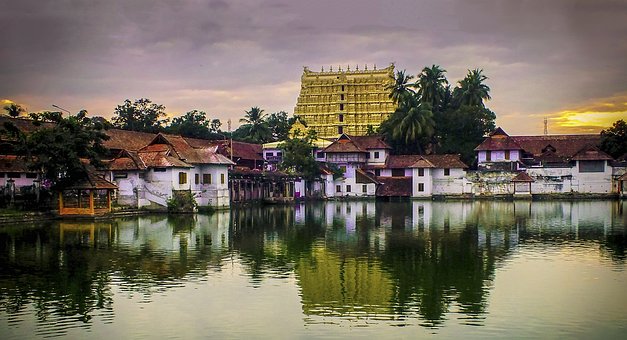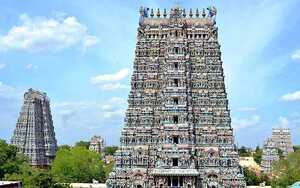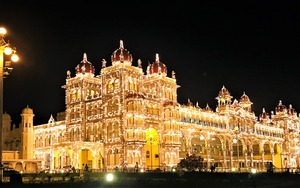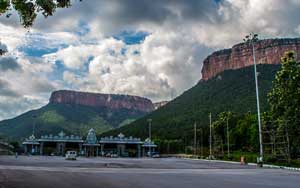The state of Tamil Nadu is rich in history and culture. Hence, it never goes short of festivals and celebrations. During the middle of January, the people of Tamil Nadu celebrate the Pongal festival.
Pongal festival is a harvest festival where devotees pay homage to the Sun God. This four-day-long festival is celebrated as the end of a farming season. Farmers get relief from their tedious farmwork and worship mother nature, the Sun God, and the cattle as well.
The Pongal festival includes Thai Pongal, Surya Pongal, Mattu Pongal, and Kaanum Pongal. People throw away old belongings and wear new clothes. They wake up early in the morning and decorate their houses with Kolam. People also make a bonfire in their house premises where newly harvested rice is boiled with milk.
This festival is immensely significant in Tamil Nadu. Tamil Nadu Jallikattu is a part of this Pongal celebration.
On the third day of Pongal, quite a few places in the state host the Jallikattu Bull Festival. Jallikattu festival is an important annual event that is hosted in the villages of Tamil Nadu.
In the past, this event was accused of being a part of animal cruelty. However, nothing seems to put this sport on a leash. This festival is very much like Spains bullfighting. This article is all about what is Jallikattu festival, bull Jallikattu, the Jallikattu history, and how it is important even today.
About the festival
This festival is a bull-taming sport in Tamil Nadu. It is celebrated in January. This bullfighting also goes by the name of Sallikkattu, Yeruthazhuvuthal, Madu Pidithal, and Pollerudhu Pidithal. It usually falls on the third day of the Pongal festival, which is known as Mattu Pongal Day.
It is that kind of sport where a furious bull comes out on an open field from a contained place. A group of young people tries to take hold of the creature by pulling its horns. If anyone can make the bull lie down flat on the ground, that person would be the winner.
Areas like Madurai, Tiruchirapalli, Thanjavur, and Pudukkottai are especially known for hosting Jallikattu each year. In Tamil Nadu, specially bred bulls for this purpose are used.
The name Jallikattu has derived from two different words. One is Jalli, which means gold and silver coins. The other one is Kattu, which means tied. Some coins remain tied up by the horns of the bull. The one who can take hold of the bull can also take hold of the coins.
History of the festival
The rich history of Jallikattu in Tamil Nadu goes back more than two thousand years. Ayars played this sport around 400--100 BCE. During the Tamil Classical Period, the Ayars used to take part in it. In the Tamil epic, Silappatikaram, there was a mention of Jallikattu.
From the Indus valley civilization site, a seal which was an instance of this sport was found. Currently, the seal is kept in the National Museum. So, the history of Jallikattu is way more ancient than people might know.
There used to be a marriage prospect behind it as well. An individual who was able to control the bull could also win the hands of a maiden. In ancient times, the rulers and the warriors used to participate in the Jallikattu festival. It was an honourable way of showing pride, courage, and vanity.
The festival was very common in the Mullai division, which was a part of Tamil Nadu Tourism. Recently, a painting has been found in Madurai where the full picture of Jallikattu sports is depicted. This painting is more than 1500 years old.
There is also another legend around this festival where Lord Shiva sent his right hand, Basava, to deliver a message on earth. But Basava made a mistake, and the wrong message was delivered.
As a result, Lord Shiva cursed him to stay forever on earth and help the mortals as farming animals. Since then, the Pongal festival has started, and so has the Jallikattu bull festival.
Different Versions of the Festival
This sport has many different versions. Every version of the game contains different rules as well. In Vatam Manjuvirattu, a group of players gets a limited period. Within the given time, they need to take a hold of the bull, tied with a long rope.
In Vati Manju Virattu, a person tries to take control of the bull within a particular time and distance. If they can fulfil the criteria, they will be declared the winner.
Veli Virattu, the bull Jallikattu is let loose in an open area. A person tries to take hold of it.
Significance of the festival
For the Tamil people, the Jallikattu festival is not just another form of celebration or just a matter of sport. Furthermore, it is the perfect platform for them to showcase their strength.
In Tamil Nadu, they arrange this festival much before the specific time. Invites are sent to the nearby villages. The owners of the bulls come to include the names.
On the specific date, all bulls go under a routine medical checkup before entering the arena. Some local TV broadcasting channels broadcast the whole thing live on national television. The bull Jallikattu that wins the festival has a higher chance of going big in the markets.
In Tamil Nadu, Jallikattu is a matter of dignity. It is an integrated part of rich Tamilian history and culture as well. Travellers from all over the globe come here to witness this exciting bull-taming sport.
The Jallikattu Premier League was started in 2018 by Tamil Nadu Jallikattu Peravai. An International Sports Arena was also built for this purpose.
Every festival celebrated in Tamil Nadu is celebrated in a special manner. There are various popular festivals in Tamil Nadu such as Thaipusam Festival Karthigai Deepam Thiruvaiyaru Festival Natyanjali Dance Festival Chitri Rai Festival





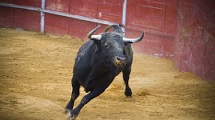
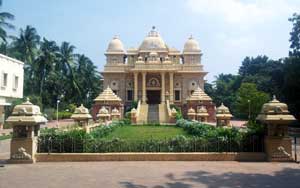
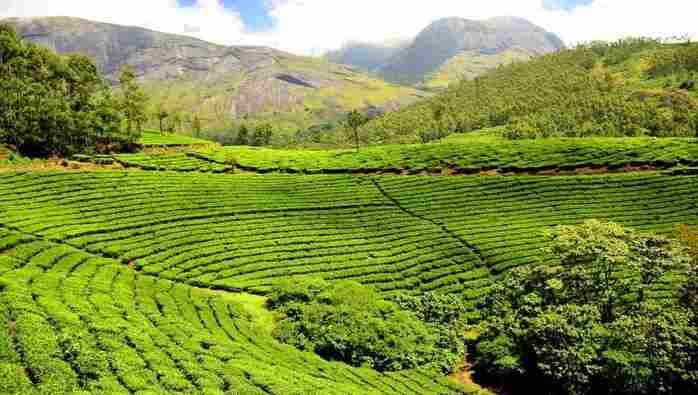
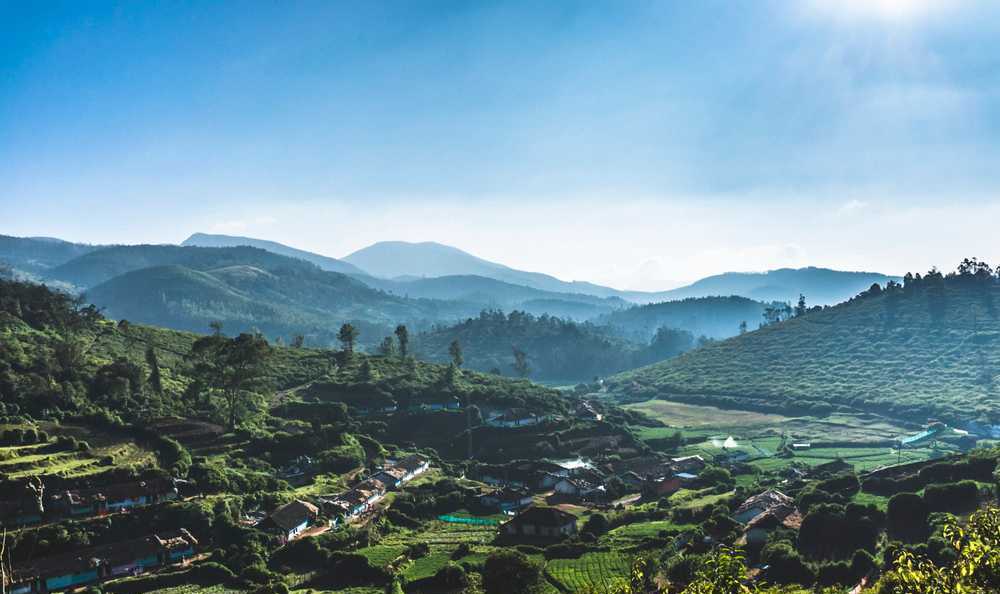
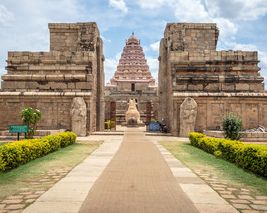

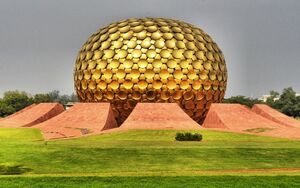
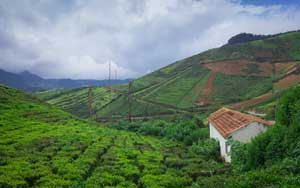
.jpg)
